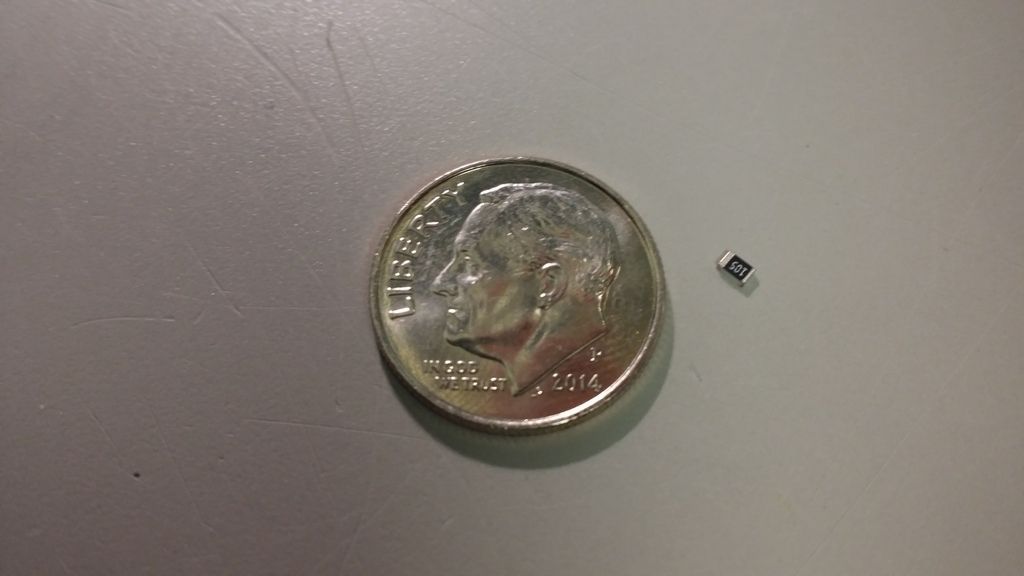Mixstar
Just too tired . . .
- Joined
- Mar 17, 2015
- Messages
- 690
That would depend on the casing.Ahh but you dont scrape the back of CTS pots prior to setting down some solder
That would depend on the casing.Ahh but you dont scrape the back of CTS pots prior to setting down some solder
Unless you have a plastic-backed pot (many sealed pots use a plastic compound so they can be ultrasonicly welded closed) you shouldn't have to worry.That would depend on the casing.
Not to get far off topic, but I used to race R/C electric cars, and the top classes of guys never used connectors and would always solder their batteries direct and unsolder them to change batteries after every race. I never did that, I always used the good connectors, but the super serious guys ALL did it.
Exactly and it's not just chrome, many are anodised with something odd that looks like bare metal but isn't and won't take solder, some anodising will. You can get pots with ground tags on them already if you wish.The "scratching the pot" thing was because some back covers were chrome plated, which did not take solder well

Sometimes, usually in the case of the original manufacturing. But I do repairs and revisions so I get to do them by hand.Flow soldered?
